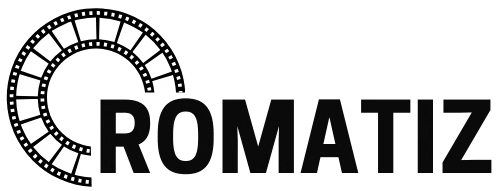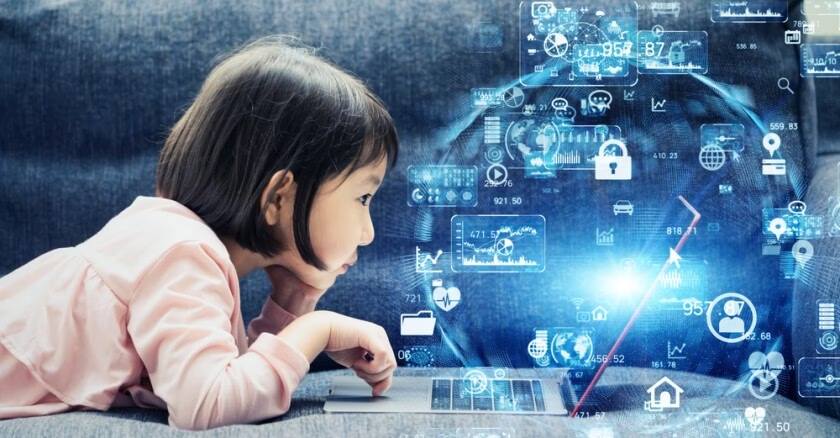Artificial Intelligence (AI) has been making waves across nearly every industry—from healthcare and finance to transportation and entertainment. Education, too, is undergoing a significant transformation as AI-driven tools and platforms become more sophisticated. Personalized learning apps, automated grading systems, and virtual tutors are already part of classrooms worldwide.
This rapid integration of AI into education has sparked a heated debate: Will robots replace teachers in the future? While the idea may sound like science fiction, the reality is more complex. AI is poised to revolutionize learning, but whether it can truly replace the human role of teachers is a question worth exploring.
How AI Is Already Shaping Education
AI is no longer just an emerging trend—it’s already deeply embedded in modern learning systems. Some typical applications include:
Personalized Learning
AI can analyze student performance and learning styles to create customized lesson plans. Platforms like Khan Academy and Coursera use algorithms to recommend tailored courses and exercises.
Automated Grading
Multiple-choice and even short-answer tests can now be graded by AI, saving educators significant time. This allows teachers to focus more on interactive teaching rather than administrative tasks.
Virtual Tutors and Chatbots
AI-powered tutoring systems are available 24/7, offering instant help to students outside of classroom hours. For example, chatbots can answer common questions and provide step-by-step guidance on assignments.
Language Translation and Accessibility
Tools like Google Translate and real-time transcription software help break down language barriers, making education more inclusive for non-native speakers and students with disabilities.
Predictive Analytics
AI systems can identify students at risk of falling behind by analyzing their engagement and performance. This early intervention helps educators provide targeted support.
AI is already enhancing education in multiple ways. But does this mean teachers are on their way out?
Can AI Replace Teachers?
The short answer is no—at least not in the foreseeable future. While AI brings efficiency and personalization, it cannot fully replicate the multifaceted role of a human teacher. Here’s why:
1. Human Connection and Emotional Intelligence
Teachers do more than deliver knowledge—they inspire, motivate, and provide emotional support. Building trust, understanding student struggles, and offering encouragement are uniquely human traits that AI lacks. Education is not just about information transfer; it’s about nurturing growth, empathy, and values.
2. Critical Thinking and Creativity
AI can deliver information, but fostering creativity, critical thinking, and problem-solving requires human guidance. Teachers help students navigate ambiguity, encourage curiosity, and challenge assumptions—skills that robots cannot yet replicate.
3. Ethical and Social Development
Classrooms are social environments where students learn cooperation, empathy, and responsibility. Teachers act as role models, guiding not just academic progress but also moral and ethical development. AI cannot replace this vital human element.
4. Context and Adaptability
AI excels at structured data, but real-world learning is full of nuance. A teacher can instantly adapt lessons when students look confused, adjust to cultural contexts, or improvise based on class dynamics. AI systems still struggle with such adaptability.
5. Equity and Accessibility
Not all schools have access to advanced AI tools. Teachers play an essential role in ensuring inclusivity, especially in underserved communities where technology gaps exist.
The Future: A Partnership Between Teachers and AI
Instead of replacing teachers, the future of education will likely involve collaboration between AI and educators. Think of AI as a powerful assistant rather than a substitute. Here’s what this partnership might look like:
AI Handles Administrative Tasks: Grading papers, scheduling, and tracking student performance can be automated, giving teachers more time to focus on teaching and mentorship.
Teachers as Facilitators: With AI providing personalized content, teachers can act as guides who encourage discussion, critical analysis, and deeper engagement.
Enhanced Support for Students: AI tutors can provide additional help for struggling students, while teachers focus on complex issues and personal connections.
Data-Driven Insights: AI analytics can inform teachers about which students need extra help, allowing for targeted interventions.
This blend of technology and human expertise could create more efficient, personalized, and inclusive learning environments.
Potential Challenges Ahead
While AI offers exciting possibilities, some challenges must be addressed:
Privacy Concerns: AI relies on student data for personalization, raising questions about data security and privacy.
Over-Reliance on Technology: Too much dependence on AI could undermine critical thinking and interpersonal skills.
Job Security for Teachers: Although AI won’t replace teachers entirely, automation may reduce specific roles, such as grading or tutoring, raising concerns about employment.
Digital Divide: Access to AI-powered tools is uneven across regions and socio-economic groups, potentially widening educational inequality.
Will Robots Ever Replace Teachers?
The vision of a robot standing at the front of a classroom, delivering lectures and guiding discussions, is unlikely to become a reality anytime soon. Teaching is not just about transferring knowledge but about human relationships, mentorship, and inspiration.
Robots and AI systems may replace certain functions—such as test grading or tutoring—but they cannot replicate the holistic role of a teacher. Instead, the teacher’s role may evolve, becoming less about delivering lectures and more about fostering more profound understanding, mentoring students, and nurturing life skills.
Final Thoughts
AI is undoubtedly transforming education, but rather than viewing it as a threat, we should see it as an opportunity. Robots and algorithms can handle repetitive tasks, personalize learning, and make education more accessible. But the human element—empathy, creativity, and ethical guidance—remains irreplaceable.
The future of education lies not in choosing between AI and teachers, but in finding the right balance between them. As technology advances, teachers will continue to be the heart of learning, supported by AI tools that make their work more effective and impactful.
So, will robots replace teachers? The answer is clear: No. They will assist, but never truly replace the invaluable role of human educators.




